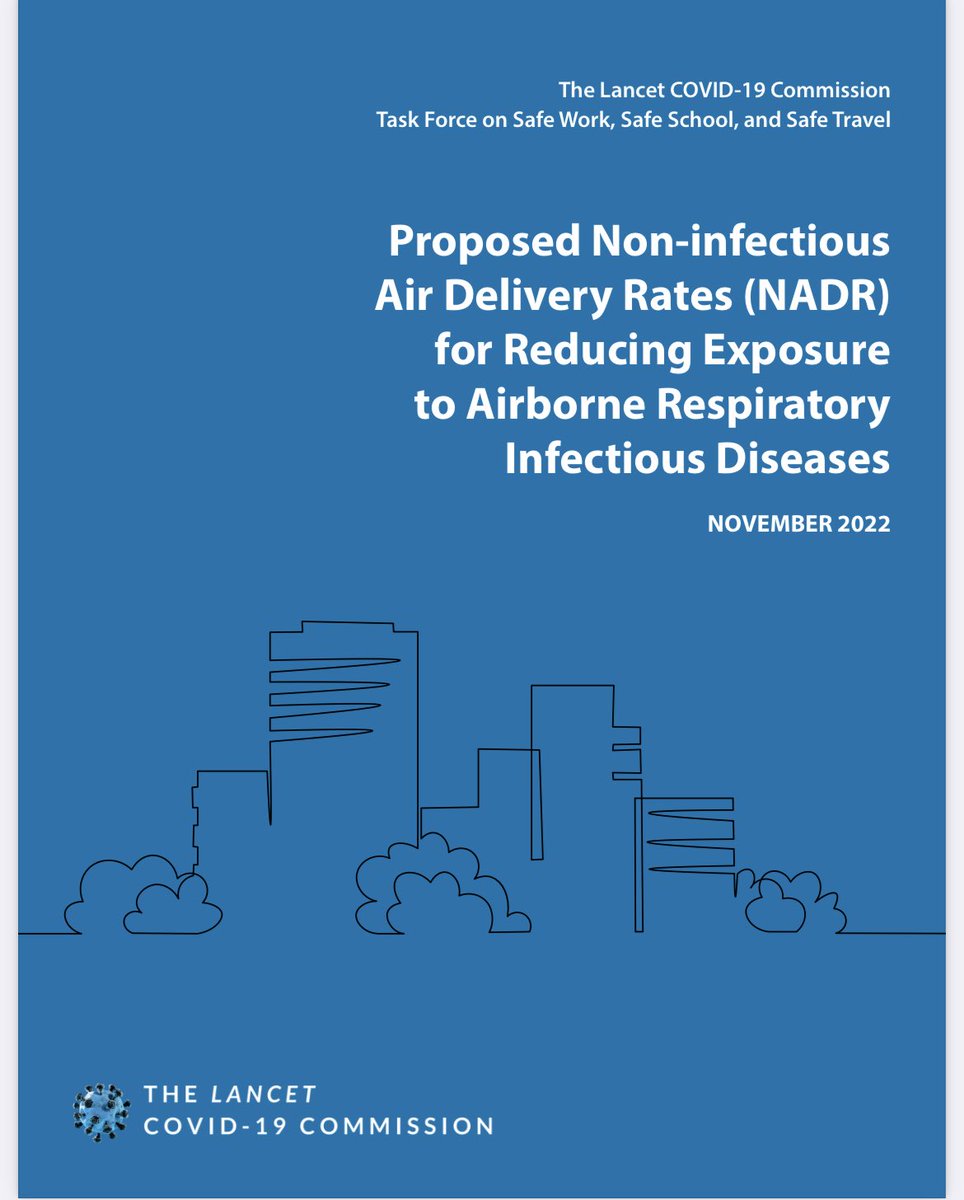
Measuring CO2 indoors and trying to figure out what’s a “good” level? Our Harvard #HealthyBuildings team built an easy tool to help you.
1. Input room size and # of people
2. Select target air changes
3. Hit “Calculate”
🧵

1. Input room size and # of people
2. Select target air changes
3. Hit “Calculate”
🧵


3/ Not sure what the target ACH should be? Our Lancet @Commissioncovid Task Force released a report where we recommend 4-6 ACH
4=good
5=better
6+=best
covid19commission.org/safe-work-trav…
4=good
5=better
6+=best
covid19commission.org/safe-work-trav…

4/ 4-6 ACH rec is in-line with our paper in JAMA (w/ @AndrewMIbrahim
jamanetwork.com/journals/jama/…
jamanetwork.com/journals/jama/…
5/ Reminder that CO2 only tells you about outdoor air ventilation, not filtration. Low CO2 you’re in good shape. High CO2 and it depends on filtration. Read the caveats on the website for our tool.
• • •
Missing some Tweet in this thread? You can try to
force a refresh









